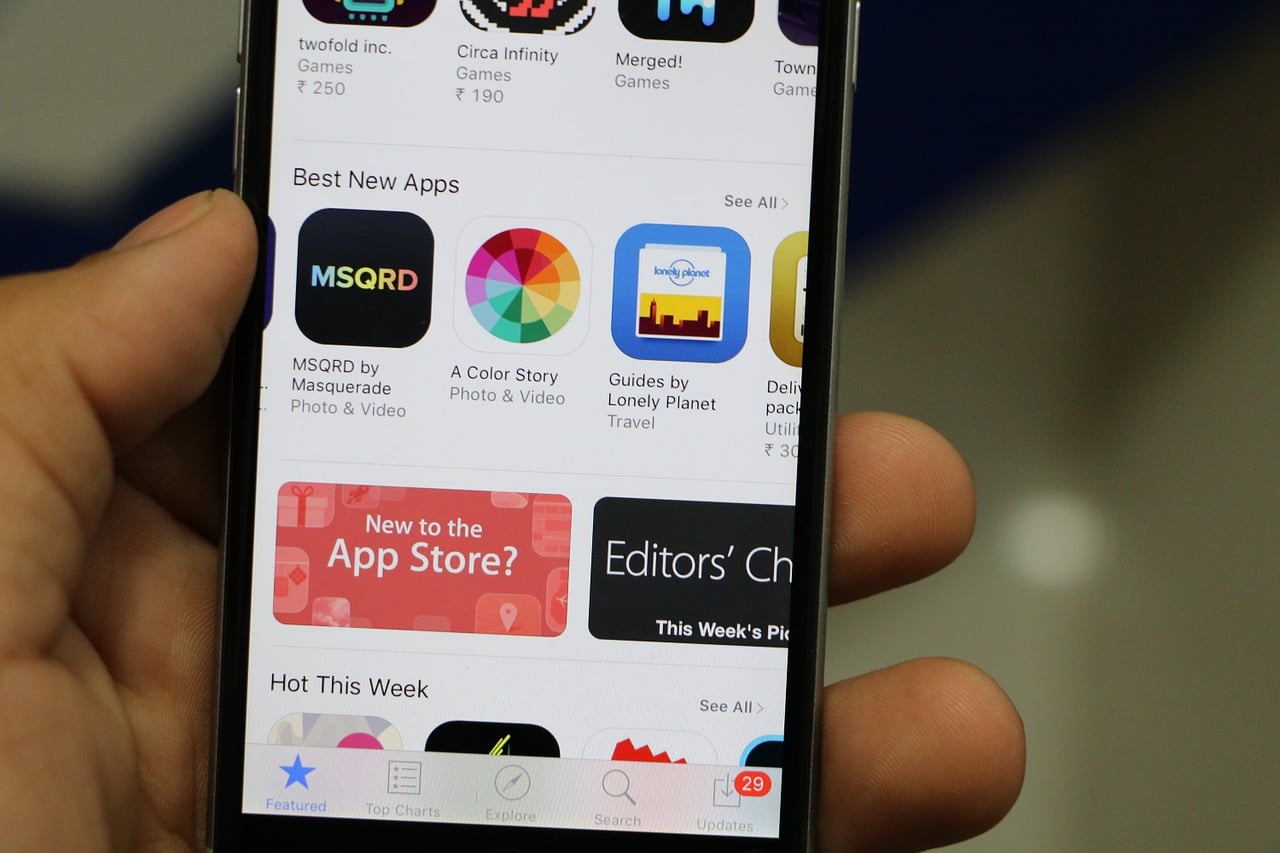Apple’s App Store has generated more than $120 billion for developers, mostly through subscriptions and in-app purchases. The Cupertino company has informed developers that it has introduced a new “billing grace period” feature that would help reduce “customer churn” and improve the customer experience.
How the billing grace period feature works
The billing grace period will allow customers affected by unsuccessful auto-renewals of their subscriptions to keep accessing the paid content of an app as Apple attempts to collect payment. The feature will be limited to users whose auto-renewal failed due to payment issues such as credit card expiration or trouble with payment processors.
The billing grace period will give customers time to fix the issue. If the payment is successful within the grace period, there will be no impact on the app developer’s revenue or the subscriber’s days of paid service. Currently, users who don’t update their billing details when a subscription fee is due lose access to paid content or feature immediately.
Apple told developers that the grace periods will vary depending on the length of the subscription. Customers who have taken a one-week subscription will get six days of the grace period. Those with one-month, two-month, quarterly, half-yearly, or annual subscriptions will get 16 days of the grace period.
Developers who offer subscription services in their apps can now implement support for billing grace period. The feature is not enabled by default. Developers have to enable it from the App Store Connect. They can turn it on for apps but not for individual subscription products.
Developers are also required to use receipt validation and server notifications to ensure that the service is provided to customers within the grace period.
Apple updates guidelines for kids apps, Sign in with Apple
In another announcement, Apple said it had updated the App Store Review Guidelines in the kids category. The new guidelines allow kids apps in certain cases to use third-party analytics and advertising. However, developers have to ensure that they don’t collect any personally identifiable data about kids such as their age, email, location, name, or the unique device identifier.
The apps in the kids category will also have to include a privacy policy. They will also have to comply with all the applicable children’s privacy laws including the Children’s Online Privacy Protection Act (COPPA). The company will allow third-party advertising only if the ads have been reviewed by humans for age appropriateness.
Previously, the Cupertino company didn’t allow third-party analytics or ads in kids apps. But developers were worried that it would harm their business model. So, the company published updated guidelines. The existing apps in the App Store have to comply with new rules by March 3rd, 2020, and the newly submitted apps have to start complying immediately.
The iPhone maker has also published new developer guidelines for ‘Sign in with Apple’ feature. Apps that use third-party login services like Google, Facebook, and WeChat to sign into their services are now required to offer ‘Sign in with Apple’ as an option.
The ‘Sign in with Apple’ single sign-on feature allows you to sign in to third-party apps and websites without revealing your personal information. The privacy-focused sign-on option generates random emails while signing in to a service to protect your primary email.
The company added that ‘Sign in with Apple’ is not required if an app exclusively uses a company’s own account for signing in. Education and business apps that require users to sign in with an education or enterprise account also don’t have to offer Apple’s sign-in method. Existing apps have to comply with the new guidelines by April 2020. Newly submitted apps have to follow these guidelines immediately.





